#Lexicography
Explore tagged Tumblr posts
Text

Lexical similarities between Slavic languages
Silvio Pasqualini Bolzano inglese ripetizioni English
#dialects#lexicography#lexicology#linguistics#languages#slavic#slavonic#russian#ukranian#croatia#informal#colloquialism#bulgaria#macedonia#serbia#serbian#czech#slovakia#poland#bosnia#montenegrin#slovenia#ukraine#yugoslavia#europe#european#soviet union
375 notes
·
View notes
Text
Alterhuman dictionary masterpost
This is the masterpost for my alterhuman dictionary project. There are already alterhuman dictionaries online but I found them lacking. They either had many unreliable sources, too few sources, or no methodology, that's why I decided to create my own.
It's currently quite bare, but hopefully you can help fix that!
The dictionary itself
I want to help!
Awesome! Send me a message saying you want to help and I'll do a short interview to make sure you're one, real/not a troll, and two, have at least a little experience or interest in similar areas.
I think it needs a new word added!
If you want to add a new word there's a link just above the introduction to a form where you can add new words.
If you feel like you wouldn't know enough words to add, add the ones you do know, it helps me to know which are more common!
Here's a direct link for those who want it:
I think this word needs another definition!
You can simply click on the link contained within a word to go to a form to vote on definitions, or add your own.
Please reblog for larger sample size
#martin originals#martinshep's languages#therian#linguistics#otherkin#furry#alterhuman#alterhuman lexicography#lexicography#dictionaries#dictionary#nonhuman#otherhearted
105 notes
·
View notes
Text
My brother linked me this wonderful document of EU-isms in English. One big sticking point the author points out is nouns that are countable/uncountable in English but the other way around in another European language. Occasionally pronunciation as well--i.e., pronouncing "cabinet" as "cabinay."
One example he cites that must be extremely annoying is the way "concerned" means two different things depending on whether it comes before or after a noun: "the concerned official" vs "the official concerned [with something]." I actually have no idea what's happening grammatically there, or whether there are any other words that do that.
Also I did not know that "actor" in the generic sense (as in "state actor") was a particularly North American expression.
Other highlights:
In English, the term ���Anglo-Saxon’ is generally used to describe a member of any of the West Germanic tribes (Angles, Saxons and Jutes) that settled in Britain from the 5th century AD. ... Furthermore, the Anglo-Saxon language ceased to exist in the 12th century (I am ill-informed about Brussels, but the last known speaker in Luxembourg was St Willibrord, 658-73922). This term is particularly inapplicable (and, I gather, irritating for those concerned) when used to describe the Irish, Scots and Welsh, who partly base their national identities on not being descended from the Anglo-Saxons (everybody seems to have forgotten about the poor Jutes), and verges on the ridiculous when used to include West Indians or people like the incumbent US president, who, in EU terminology, would be the leader of the Anglo-Saxon world.
Every now and then a job advertisement appears, saying, for example, that the Commission is looking for a ‘head of sector to animate 12 staff members’. Looking in the Oxford online dictionary for a clue as to what this might mean, we can probably exclude the fact that the person in question will be expected to: ‘bring [the staff members] to life’, or ‘give [them] the appearance of movement using animation techniques’. This means that we are left with ‘giving them inspiration, encouragement, or renewed vigour’, which also sounds a trifle unlikely. Actually the new employee will probably find that he/she will just be expected to lead a team.
#lexicography#some of his complaints are a little persnickety in my opinion#for instance 'to badge' seems fine to me#like unusual#but instantly parseable in context
61 notes
·
View notes
Text
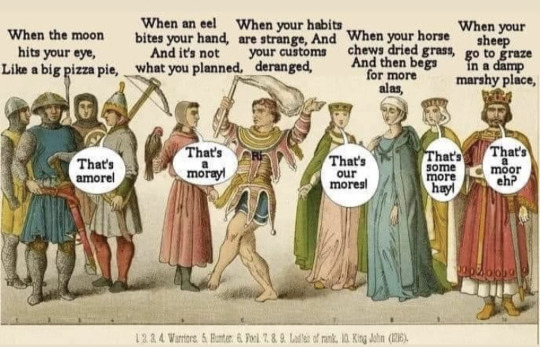
92 notes
·
View notes
Text
They had come at last to Z.

6729 . caught unawares, entryway light (inv) . 20240829
no connection to recent reading, Susan Glaspell her “From A to Z,” in Lifted Masks : Stories (1912) : link first appeared (with an unfortunate, tendentious subtitle) in The American Magazine 68:6 (October 1909) : 543-553 : link
22 notes
·
View notes
Text


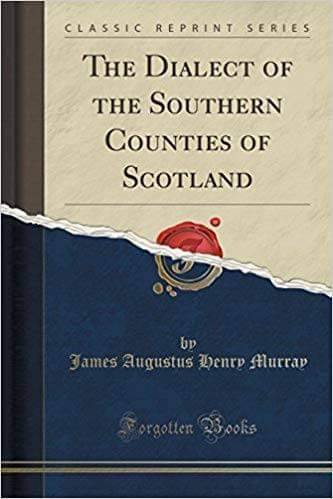
February 7th 1837 saw the birth of James Murray, first editor of the Oxford English Dictionary.
A couple of things that I love about this, 1; a Scot was the first editor of the most famous English dictionary, a 2; the picture of Murray, he just looks the part!
He was certainly something of a prodigy as a child, despite his humble background. Born in the Borders village of Denholm, near Hawick, the son of a tailor, he reputedly knew his alphabet by the time he was eighteen months old, and was soon showing a precocious interest in other languages, including—at the age of 7—Chinese.
Thanks to his voracious appetite for reading, and what he called ‘a sort of mania for learning languages’, he was already a remarkably well-educated boy by the time his formal schooling ended, at the age of 14, with a knowledge of French, German, Italian, Latin, and Greek, oh and of course Gaelic, along with a range of other interests, including botany, geology, and archaeology. After a few years teaching in local schools—he was evidently a born teacher, and was made a headmaster at the age of 21—he moved to London, and took work in a bank.
e soon began to attend meetings of the London Philological Society, and threw himself into the study of dialect and pronunciation—an interest he had already developed while still in Scotland—and also of the history of English. In 1870 an opening at Mill Hill School, just outside London, enabled him to return to teaching. He began studying for an external London BA degree, which he finished in 1873, the same year as his first big scholarly publication, a study of Scottish dialects which was widely recognized as a pioneering work in its field and was the first ever sustained history of the Scots tongue.
Only a year later his linguistic research had earned him his first honorary degree, a doctorate from Edinburgh University: quite an achievement for a self-taught man of 37.
In 1876 Murray was approached by the London publishers Macmillans about the possibility of editing a dictionary, he accepted the challenged and it was generally thought the publication would take around ten years to complete and run to 6,400 pages, in four volumes, he undertook the work while still teaching at Mill Hill, although he did enlist help in several assistants.
Five years later- no- he hadn't finished it, he was a genius but not that much, they published the first volume, A-Ant, to steal the words from a future film, they were going to need a bigger book!" The team sent out the call for volunteers all across the country. one American man, William Chester Minor, even responded from his prison cell in Broadmoor while serving a life sentence for murder. still suffered from paranoid delusions, some saw his work on the Oxford English Dictionary as a form of therapy. Minor became a regular collaborator with Murray as he sent his notes to the editor every week for 20 years. Every letter Minor signed with the closing, “Broadmoor, Crowthorne, Berkshire.
Murray soon had to give up his school teaching, and moved to Oxford in 1885; even then progress was too slow, and eventually three other Editors were appointed, each with responsibility for different parts of the alphabet. Although for more than three-quarters of the time he worked on the OED there were other Editors working alongside him—he eventually died in 1915—and although he had a staff of assistants helping him, it is without question that he was the Editor of the Dictionary.
It was not until 1928 that C. T. Onions and William Craigie finally finished the main text. In terms of the methodology he developed, The Oxford English Dictionary is largely Murray's creation; as the ‘Historical Introduction’ to the OED states, ‘to Murray belongs the credit for giving it, at the outset, a form which proved to be adequate to the end’.
In his private life Murray married an Ada Agnes Ruthven and they found time to have 11 children together, all of whom reached adulthood, and unusual occurrence back then. Some even helped him in the compilation of the OED. The third pic is great and shows him astride a huge ‘sand-monster’ constructed on the beach during one of the family’s holidays in North Wales.
He was never made a Fellow of an Oxford college, to their shame, and only received an Oxford honorary doctorate the year before his death.He died of pleurisy on 26 July 1915 and requested to be buried in Oxford beside the grave of his best friend, James Legge.
34 notes
·
View notes
Text
Milestone Monday


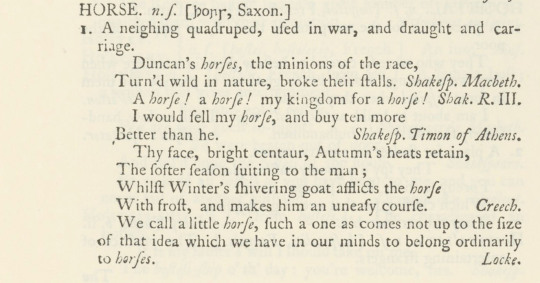


Happy National Dictionary Day!
Although the day was introduced to honor the birthday of American lexicographer Noah Webster, we are more interested in his innovative predecessor Samuel Johnson (1709-1784). Johnson was an English writer with credits as a poet, playwright, essayist, literary critic, sermonist, biographer, editor, and lexicographer. In 1746, he was approached by a group of publishers to create an authoritative English dictionary and agreed, boasting he could complete the dictionary within three years. In the end, he single-handedly completed the task within eight years utilizing only clerical assistance.
Johnson’s A Dictionary of the English Language was first published in London by noted Scottish printer and publisher William Strahan on April 15, 1755. While certainly not the first dictionary, it was groundbreaking in its documentation of the English lexicon providing not only words and their definitions, but examples of their use. Johnson accomplished this by illustrating the meanings of words through literary quotes, often citing Shakespeare, Milton, and Dryden. He also introduced lighthearted humor into some of his definitions, most notably describing a lexicographer as “a writer of dictionaries; a harmless drudge that busies himself in tracing the original and detailing the signification of words”. Of equal amusement, oats are defined as “a grain which in England is generally given to horses, but in Scotland supports the people”.


A Dictionary of the English Language was published in two volumes with volume one containing A-K and volume two L-Z. Its pages were 46 cm tall and 51 cm wide, and it is said that outside of a few special editions of the Bible no book of this size and bulk had been set to type and that no bookseller could print it without help. Johnson’s dictionary was the pre-eminent dictionary for over 100 years until the completion of the Oxford English Dictionary in 1884. Despite some criticism about his etymology and orthoepic guidelines, Johnson’s dictionary was tremendously influential in its methodology for how dictionaries should be constructed and entries presented, casting a shadow over all future dictionaries and lexicographers.
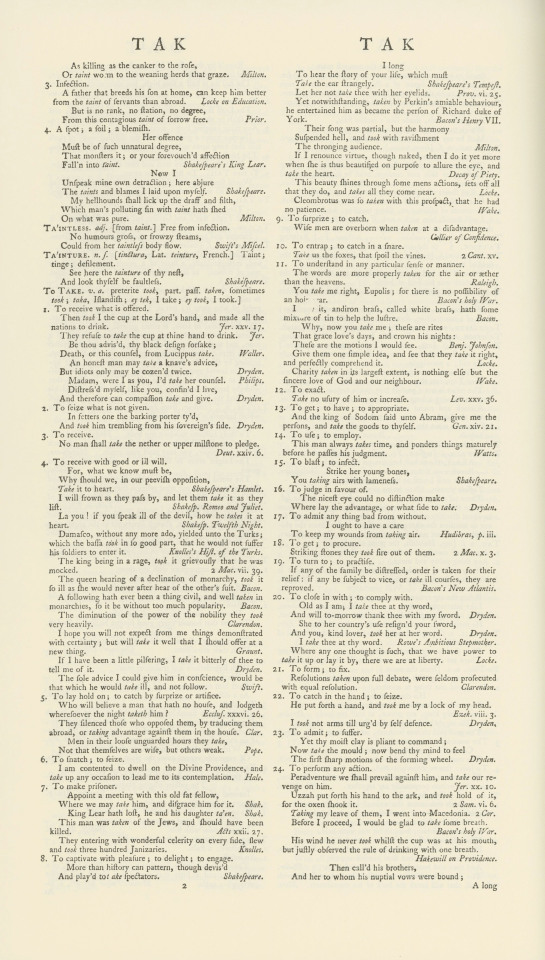
Several of the words in Johnson's dictionary were painstakingly defined. "Take" has 134 definitions running 8,000 words over 5 pages.

Woodcut tailpieces adorn the dictionary interspersed between letters.
Special Collections holds a facsimile reproduction of Johnson's dictionary, published in 1967 by AMS Press of New York.

View other Milestone Monday posts.
-Jenna, Special Collections Graduate Intern
#Milestone Monday#milestones#national dictionary day#holidays#a dictionary of the english language#samuel johnson#w. strahan#William Strahan#milestonemonday#lexicographers#woodcuts#AMS Press#tailpieces#dictionaries#English dictionaries#lexicography
30 notes
·
View notes
Text
June-July 2023: Lingstitute and Merriam-Webster
In June and July, I headed to Lingstitute 2023, the LSA summer institute, at UMass Amherst. It was great to get to hang out with old friends and meet lots of new people While I was in Massachusetts, I dropped by the headquarters of Merriam Webster to say hi to the dictionaries and lexicographers! (In that order.) Thanks especially to Peter Sokolowski for the guided tour and to Stacy Dickerman…

View On WordPress
#auxiliaries#dictionaries#internet linguistics#lexicography#lingstitute#lingthusiasm#linguistics jobs#podcasts#questionnaire#tweets
21 notes
·
View notes
Text
My latest in trawling thru semi-random comparative etymological dictionaries: Hudson (1989) on Highland East Cushitic. He gets together 767 reconstructions, a decent amount on a group of relatively little-studied languages. A nice chunk of vocabulary can be reconstructed especially for the major crop of the area, the enset tree (*weesa), its parts (e.g. *hoga 'leaf', *kʼaantʼe 'fibre', *kʼalima 'seed pod', *mareero 'pith', *waasa 'enset food') and tools for processing it (*meeta 'scraping board', *sissa 'bamboo scraper).
There surely has to be material among the reconstructions though that represent newer spread, most clearly the names of a few post-Columbian-exchange foodstuffs: *bakʼollo 'maize', *kʼaaria 'green chili' — same terms also e.g. in Amharic: bäqollo, qariya (Hudson kindly provides Amharic and Oromo equivalents copiously). (Note btw a vowel nativization rule appearing in these: Amharic a → HEC aa, but ä /ɐ/ → HEC a [a~ɐ~ə], as if undoing the common Ethiosemitic shift *aa *a > a ä.) Slightly suspicious are also a few names of trade items and cultural vocabulary / Wanderwörter like *gaanjibelo 'ginger', *loome 'lemon' (at least the latter could be again plausibly fairly recent loans from Amharic lome) but these could well have reached southern Ethiopia even already in antiquity.
In terms of root structure, interesting are two monoconsonantal roots: *r- 'thing, thingy, thingamajig' (segmentable from a diminutive *r-iččo and from Sidamo ra) and *y- 'to say'. Otherwise verb roots are the usual Cushitic *CV(C)C-, clusters limited to geminates and sonorant + obstruent; with several derivative extensions such as *-is- reflexive, *-aɗ- causative. *ɗ actually occurs almost solely in the last, I would suspect it's from one of the well-attested dental stops *t / *d / *tʼ with post-tonic lenition. Long vowels also seem to occur fairly freely in the root syllable with even several "superheavy" roots like *aanš- 'to wash', *feenkʼ- 'to shell legumes', *iibb- 'to be hot', *maass-aɗ- 'to bless', *uuntʼ- 'to beg'; *boowwa 'valley', *čʼeemma 'laziness', *doobbe 'nettle', *leemma 'bamboo', *mooyyee 'mortar'… A ban on CCC consonant clusters does seem to hold however, apparently demonstrated by *moočča ~ *mooyča 'prey animal', which probably comes from an earlier *moo- + the deminutive suffix *-iččV; resulting **mooyčča would have to be shortened in some way, either by degemination or by dropping *-y-.
In V2 and later positions there seems to be morphological conditioning of vowel length, cf. e.g. *arraab- 'to lick' : *arrab-o 'tongue'; *indidd- 'to shed tears' : *indiidd-o 'tear' (and not **arraabo, **indiddo). And as in these examples, also many basic nouns appear to be simple "thematizations" of verbs, similarly e.g. *buur- 'to anoint, smear', *buur-o 'butter'; *fool- 'to breathe', *fool-e 'breath'; *kʼiid- 'to cool', *kʼiid-a 'cold (of weather)'; *reh- 'to die', *reh-o 'death'. I don't actually see a ton of logic to what the "nominalizing vowel" ends up being though and maybe it's sometimes an original part of the stem, not a suffix. Quite a lot of unanalyzable nouns on the other hand are actually fairly long, e.g. *finitʼara 'splinter', *hurbaata 'dinner', *kʼorranda 'crow', *kʼurtʼumʔe 'fish', *tʼulunka '(finger)nail'.
Further phonologically interesting features include apparently a triple contrast between *Rˀ (glottalized resonants) and both *Rʔ and *ʔR clusters [edit: no, it's just very inconsistent transcription]; also ejective *pʼ is established even though plain *p is not (that has presumably become *f).
Lastly here's a some etyma I've found casually amusing:
*bob- 'to smell bad': take note, any Roberts planning on travelling to southern Ethiopia
*buna 'coffee': yes yes, this is the part of the world where you cannot assume 'coffee' will look anything like kafe
*mana 'man': second-best probably-coincidence in the data
*raar- 'to shout, scream' 🦖 [and looks like maybe a variant of *aar- 'to be angry?]
*sano 'nose': "clearly must be" cognate with PIE *nas- with metathesis :^>
*ufuuf- 'to blow on fire', oh yeah I've needed that verb sometimes
*waʔa 'water': Cushitic With British Characteristics
31 notes
·
View notes
Text
Names for the number 0 in English
"Zero" is the usual name for the number 0 in English. In British English "nought" is also used and in American English "naught" is used occasionally for zero, but (as with British English) "naught" is more often used as an archaic word for nothing. "Nil", "love", and "duck" are used by different sports for scores of zero.
There is a need to maintain an explicit distinction between digit zero and letter O,[a] which, because they are both usually represented in English orthography (and indeed most orthographies that use Latin script and Arabic numerals) with a simple circle or oval, have a centuries-long history of being frequently conflated. However, in spoken English, the number 0 is often read as the letter "o" ("oh"). For example, when dictating a telephone number, the series of digits "1070" may be spoken as "one zero seven zero" or as "one oh seven oh", even though the letter "O" on the telephone keypad in fact corresponds to the digit 6.
In certain contexts, zero and nothing are interchangeable, as is "null". Sporting terms are sometimes used as slang terms for zero, as are "nada", "zilch" and "zip".
Zero" and "cipher"
"Zero" and "cipher" are both names for the number 0, but the use of "cipher" for the number is rare and only used in very formal literary English today (with "cipher" more often referring to cryptographic cyphers). The terms are doublets, which means they have entered the language through different routes but have the same etymological root, which is the Arabic "صفر" (which transliterates as "sifr"). Via Italian this became "zefiro" and thence "zero" in modern English, Portuguese, French, Catalan, Romanian and Italian ("cero" in Spanish). But via Spanish it became "cifra" and thence "cifre" in Old French, "cifră" in Romanian and "cipher" in modern English (and "chiffre" in modern French).
"Zero" is more commonly used in mathematics and science, whereas "cipher" is used only in a literary style. Both also have other connotations. One may refer to a person as being a "social cipher", but would name them "Mr. Zero", for example.
In his discussion of "naught" and "nought" in Modern English Usage, H. W. Fowler uses "cipher" to name the number 0.
O" ("oh")
In spoken English, the number 0 is often read as the letter "o", often spelled oh. This is especially the case when the digit occurs within a list of other digits. While one might say that "a million is expressed in base ten as a one followed by six zeroes", the series of digits "1070" can be read as "one zero seven zero", or "one oh seven oh". This is particularly true of telephone numbers (for example 867-5309, which can be said as "eight-six-seven-five-three-oh-nine"). Another example is James Bond's designation, 007, which is always read as "double-o seven", not "double-zero seven", "zero-zero seven", or "o o seven".
The letter "o" ("oh") is also used in spoken English as the name of the number 0 when saying times in the 24-hour clock, particularly in English used by both British and American military forces. Thus 16:05 is "sixteen oh five", and 08:30 is "oh eight thirty".
The use of O as a number can lead to confusion as in the ABO blood group system. Blood can either contain antigen A (type A), antigen B (type B), both (type AB) or none (type O). Since the "O" signifies the lack of antigens, it could be more meaningful to English-speakers for it to represent the number "oh" (zero). However, "blood type O" is properly written with a letter O and not with a number 0.
In sport, the number 0 can have different names depending on the sport in question and the nationality of the speaker.
"Nil" in British sports
Many sports that originated in the UK use the word "nil" for 0. Thus, a 3-0 score in a football match would be read as "three-nil".[1] Nil is derived from the Latin word "nihil", meaning "nothing", and often occurs in formal contexts outside of sport, including technical jargon (e.g. "nil by mouth") and voting results.
It is used infrequently in U.S. English, although it has become common in soccer broadcasts.
"Nothing" and "oh" in American sports
edit
In American sports, the term "nothing" is often employed instead of zero. Thus, a 3-0 score in a baseball game would be read as "three-nothing" or "three to nothing". When talking about a team's record in the standings, the term "oh" is generally used; a 3-0 record would be read as "three and oh".
In cricket, a team's score might read 50/0, meaning the team has scored fifty runs and no batter is out. It is read as "fifty for no wicket" or "fifty for none".
Similarly, a bowler's analysis might read 0-50, meaning he has conceded 50 runs without taking a wicket. It is read as "no wicket for fifty" or "none for fifty".
A batsman who is out without scoring is said to have scored "a duck", but "duck" is used somewhat informally compared to the other terms listed in this section. It is also always accompanied by an article and thus is not a true synonym for "zero": a batter scores "a duck" rather than "duck".
A name related to the "duck egg" in cricket is the "goose egg" in baseball, a name traced back to an 1886 article in The New York Times, where the journalist states that "the New York players presented the Boston men with nine unpalatable goose eggs", i.e., nine scoreless innings.
"Love" and "bagel" in tennis
In tennis, the word "love" is used to replace 0 to refer to points, sets and matches. If the score during a game is 30-0, it is read as "thirty-love". Similarly, 3-0 would be read as "three-love" if referring to the score during a tiebreak, the games won during a set, or the sets won during a match. The term was adopted by many other racquet sports.
There is no definitive origin for the usage. It first occurred in English, is of comparatively recent origin, and is not used in other languages. The most commonly believed hypothesis is that it is derived from English speakers mis-hearing the French l'œuf ("the egg"), which was the name for a score of zero used in French because the symbol for a zero used on the scoreboard was an elliptical zero symbol, which visually resembled an egg.
Although the use of "duck" in cricket can be said to provide tangential evidence, the l'œuf hypothesis has several problems, not the least of which is that in court tennis the score was not placed upon a scoreboard. There is also scant evidence that the French ever used l'œuf as the name for a zero score in the first place. (Jacob Bernoulli, for example, in his Letter to a Friend, used à but to describe the initial zero–zero score in court tennis, which in English is "love-all".) Some alternative hypotheses have similar problems. For example, the assertion that "love" comes from the Scots word "luff", meaning "nothing", falls at the first hurdle, because there is no authoritative evidence that there has ever been any such word in Scots in the first place.
According to the Oxford English Dictionary, the first use of the word "love" in English to mean "zero" was to define how a game was to be played, rather than the score in the game itself. Gambling games could be played for stakes (money) or "for love (of the game)", i.e., for zero stakes. The first such recorded usage quoted in the OED was in 1678. The shift in meaning from "zero stakes" to "zero score" is not an enormous conceptual leap, and the first recorded usage of the word "love" to mean "no score" is by Hoyle in 1742.
In recent years, a set won 6-0 ("six-love") has been described as a bagel, again a reference to the resemblance of the zero to the foodstuff. It was popularised by American announcer Bud Collins.
Null
In certain contexts, zero and nothing are interchangeable, as is "null". However, in mathematics and many scientific disciplines, a distinction is made (see null). The number 0 is represented by zero while null is a representation of an empty set {}. Hence in computer science a zero represents the outcome of a mathematical computation such as 2−2, while null is used for an undefined state (for example, a memory location that has not been explicitly initialised).
In English, "nought" and "naught" mean zero or nothingness, whereas "ought" and "aught" (the former in its noun sense) strictly speaking mean "all" or "anything", and are not names for the number 0. Nevertheless, they are sometimes used as such in American English; for example, "aught" as a placeholder for zero in the pronunciation of calendar year numbers. That practice is then also reapplied in the pronunciation of derived terms, such as when the rifle caliber .30-06 Springfield (introduced in 1906) is accordingly referred to by the name "thirty-aught-six".
The words "nought" and "naught" are spelling variants. They are, according to H. W. Fowler, not a modern accident as might be thought, but have descended that way from Old English. There is a distinction in British English between the two, but it is not one that is universally recognized. This distinction is that "nought" is primarily used in a literal arithmetic sense, where the number 0 is straightforwardly meant, whereas "naught" is used in poetical and rhetorical senses, where "nothing" could equally well be substituted. So the name of the board game is "noughts & crosses", whereas the rhetorical phrases are "bring to naught", "set at naught", and "availeth naught". The Reader's Digest Right Word at the Right Time labels "naught" as "old-fashioned".
Whilst British English makes this distinction, in American English, the spelling "naught" is preferred for both the literal and rhetorical/poetic senses.
"Naught" and "nought" come from the Old English "nāwiht" and "nōwiht", respectively, both of which mean "nothing". They are compounds of no- ("no") and wiht ("thing").
The words "aught" and "ought" (the latter in its noun sense) similarly come from Old English "āwiht" and "ōwiht", which are similarly compounds of a ("ever") and wiht. Their meanings are opposites to "naught" and "nought"—they mean "anything" or "all". (Fowler notes that "aught" is an archaism, and that "all" is now used in phrases such as "for all (that) I know", where once they would have been "for aught (that) I know".)
However, "aught" and "ought" are also sometimes used as names for 0, in contradiction of their strict meanings. The reason for this is a rebracketing, whereby "a nought" and "a naught" have been misheard as "an ought" and "an aught".
sometimes used as names for 0, in contradiction of their strict meanings. The reason for this is a rebracketing, whereby "a nought" and "a naught" have been misheard as "an ought" and "an aught".
Samuel Johnson thought that since "aught" was generally used for "anything" in preference to "ought", so also "naught" should be used for "nothing" in preference to "nought". However, he observed that "custom has irreversibly prevailed in using 'naught' for 'bad' and 'nought' for 'nothing'". Whilst this distinction existed in his time, in modern English, as observed by Fowler and The Reader's Digest above, it does not exist today. However, the sense of "naught" meaning "bad" is still preserved in the word "naughty", which is simply the noun "naught" plus the adjectival suffix "-y". This has never been spelled "noughty".
The words "owt" and "nowt" are used in Northern English. For example, if tha does owt for nowt do it for thysen: if you do something for nothing do it for yourself.
The word aught continues in use for 0 in a series of one or more for sizes larger than 1. For American Wire Gauge, the largest gauges are written 1/0, 2/0, 3/0, and 4/0 and pronounced "one aught", "two aught", etc. Shot pellet diameters 0, 00, and 000 are pronounced "single aught", "double aught", and "triple aught". Decade names with a leading zero (e.g., 1900 to 1909) were pronounced as "aught" or "nought". This leads to the year 1904 ('04) being spoken as "[nineteen] aught four" or "[nineteen] nought four". Another acceptable pronunciation is "[nineteen] oh four".
Decade names
See also: Aughts
While "2000s" has been used to describe the decade consisting of the years 2000–2009 in all English speaking countries, there have been some national differences in the usage of other terms.
On January 1, 2000, the BBC listed the noughties (derived from "nought") as a potential moniker for the new decade. This has become a common name for the decade in the U.K.and Australia, as well as some other English-speaking countries. However, it has not become the universal descriptor because, as Canadian novelist Douglas Coupland pointed out early in the decade, "[Noughties] won't work because in America the word 'nought' is never used for zero, never ever".
The American music and lifestyle magazine Wired favoured "Naughties", which they claim was first proposed by the arts collective Foomedia in 1999.However, the term "Naughty Aughties" was suggested as far back as 1975 by Cecil Adams, in his column The Straight Dope.
interchangeable, as is "null". However, in mathematics and many scientific disciplines, a distinction is made (see null). The number 0 is represented by zero while null is a representation of an empty set {}. Hence in computer science a zero represents the outcome of a mathematical computation such as 2−2, while null is used for an undefined state (for example, a memory location that has not been explicitly initialixed).
Slang
Sporting terms (see above) are sometimes used as slang terms for zero, as are "nada", "zilch" and "zip".
"Zilch" is a slang term for zero, and it can also mean "nothing". The origin of the term is unknown.
Silvio Pasqualini Bolzano inglese ripetizioni English insegnante teacher
#dialects#lexicography#lexicology#linguistics#english#american english#languages#mathematics#math#maths#geometry#colloquialism#informal#sports#numerology#vocabulary#definition#british english#dictionary#encyclopedia#score#slang#etimologia#linear algebra#lexicon#arithmetic#calculator#calculations#calculus#fraction
11 notes
·
View notes
Text
I'm making an alterhuman/therian/otherkin dictionary
All the ones I found online I am not satisfied with so I'm making my own that will have publicly available methodology
Here's a form to suggest words
Suggest all the words you can think of that related to alterhumanity/otherkind/therianthropy, even if you think they are obvious ones and I'll already have them put them in there anyway, especially the most obvious ones. Do not hold back on how many you give me.
This also isn't only open to alterhumans!! Anyone can answer!
Please reblog for larger sample size
A survey for definitions of each word will also come out once I’ve compiled enough
#martin originals#martinshep's languages#therian#otherkin#linguistics#lexicography#alterhuman#therianthropy#nonhuman#alterhumanity#otherhearted#alterhuman lexicography
69 notes
·
View notes
Text
2 notes
·
View notes
Text
Happy Thanksgiving, everyone! 🦃
I just adopted a word on the online dictionary Wordnik, and you'll never GUESS what I chose!

That's right, Bo Burnham! 👀
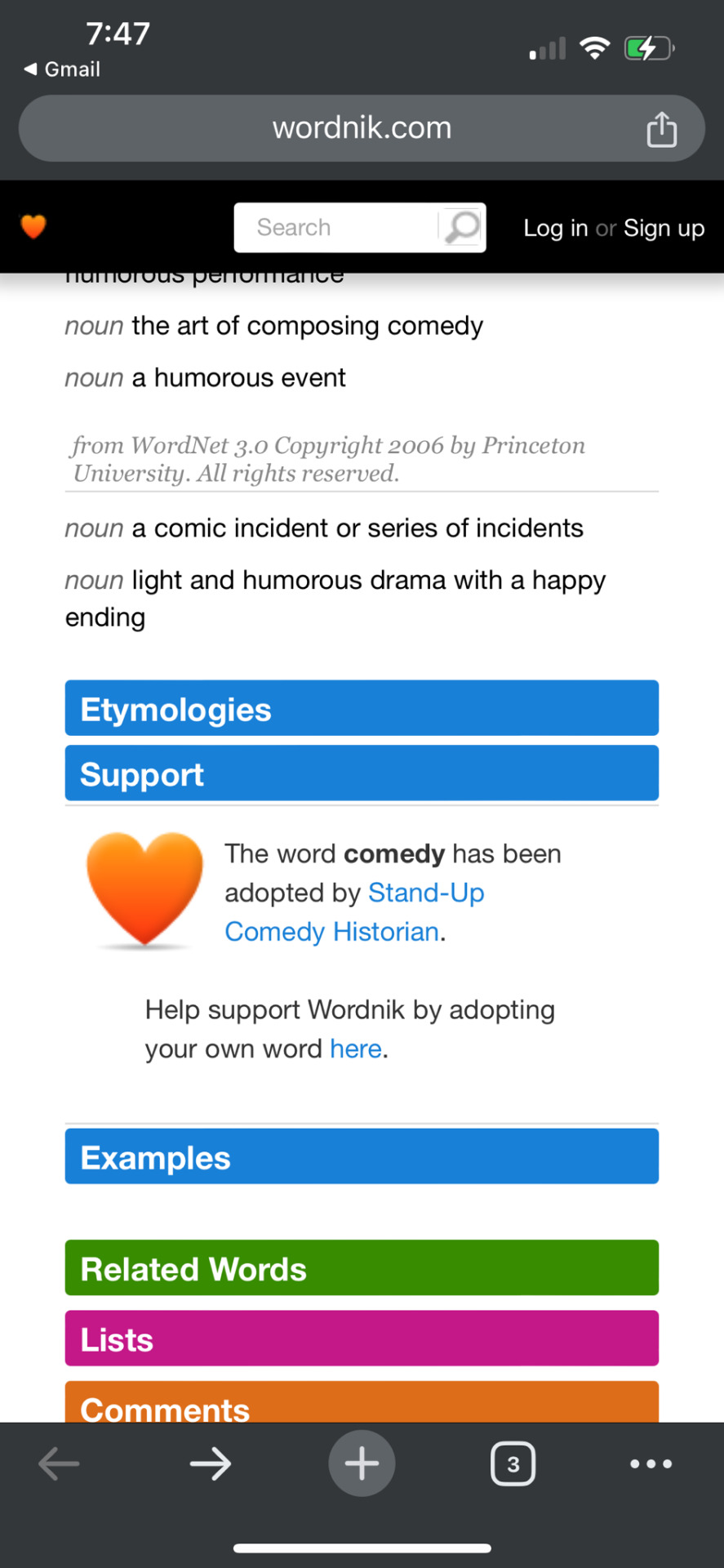
I also recently posted a VERY long but entertaining list of fun facts about myself on my website. I wanted to show you all who I am and how I ended up creating Stand-Up Comedy Historian.
Every item in the list is 100% true (yes, I know ESPN's Dave McMenamin AND the Angry Video Game Nerd personally). And Erin McKean, founder of Wordnik (where I adopted "comedy"), was my lexicography mentor at Oxford University Press!


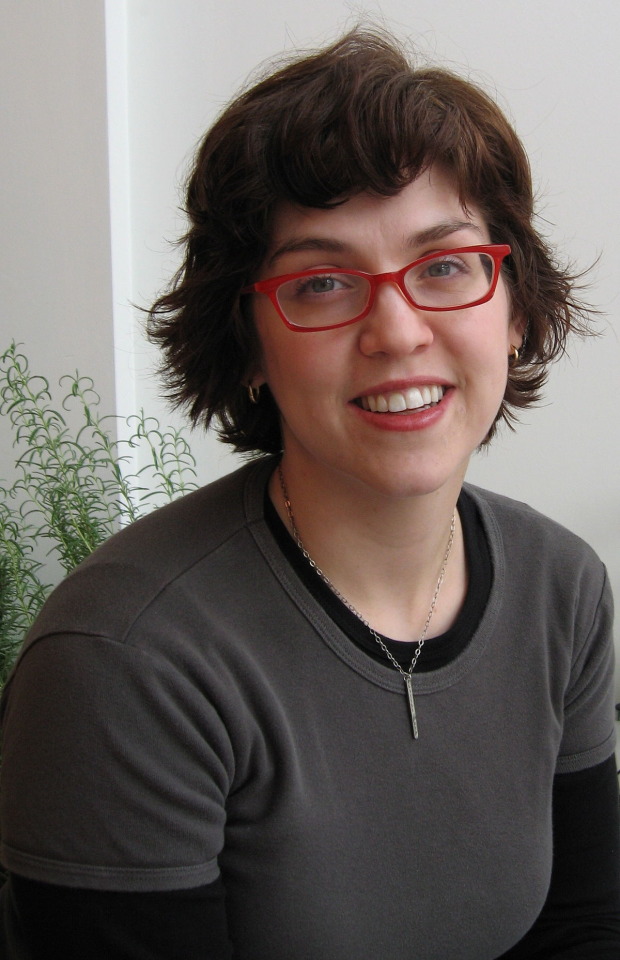
Finally, I wanted to tell you all how grateful I am for your support during the most difficult year of my life.

Things are starting to finally be looking up, and I can't wait to share more articles with you in December and in 2024—lots of comedy fun is planned, so stay tuned! ✌🏼🐔
#thanksgiving#happy thanksgiving#wordnik#erin mckean#lexicography#dictionary#comedy#standupcomedyhistorian#bo burnham#inside bo burnham#bo burnham inside#espn#avgn#angry nintendo nerd#angry video game nerd#i have led a pretty interesting life lol#and I have a reference book credit and a film credit officially#stand up comedy
10 notes
·
View notes

